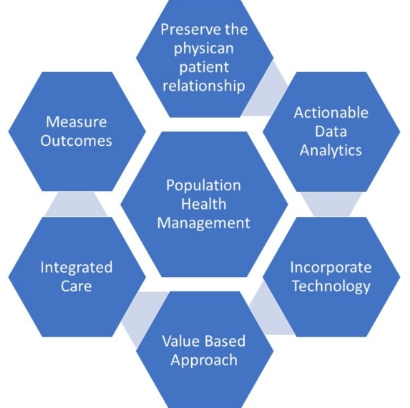The healthcare industry is undergoing a revolution with the help of population health management technology. This innovative approach to healthcare focuses on improving the health outcomes of entire populations by targeting the specific needs of individual patients.
What is Population Health Management Technology?
Population health management technology uses data analytics and technology to identify and monitor the health needs of a specific population. By analyzing data from electronic health records, insurance claims, and other sources, healthcare providers can gain insights into the health trends and risk factors within a population. This allows for more targeted and effective interventions to improve patient outcomes.
Improving Preventive Care
One of the key benefits of population health management technology is its ability to improve preventive care. By identifying patients who are at high risk for certain conditions or diseases, healthcare providers can intervene early to prevent or mitigate the impact of these health issues. This can lead to improved health outcomes and reduced healthcare costs in the long run.
Enhancing Care Coordination
Another important aspect of population health management technology is its ability to enhance care coordination. By providing a comprehensive view of a patient’s health history and current health status, healthcare providers can better coordinate care across different providers and settings. This can help ensure that patients receive the right care at the right time, leading to improved outcomes and patient satisfaction.
Empowering Patients
Population health management technology also empowers patients to take control of their health. By providing access to their own health information, patients can become more engaged in their own care and make informed decisions about their health. This can lead to better outcomes and a higher quality of life for patients.
In conclusion, population health management technology is revolutionizing healthcare by improving patient outcomes through targeted interventions, preventive care, care coordination, and patient empowerment. By harnessing the power of data and technology, healthcare providers can deliver more personalized and effective care to their patients, leading to better health outcomes for entire populations.

